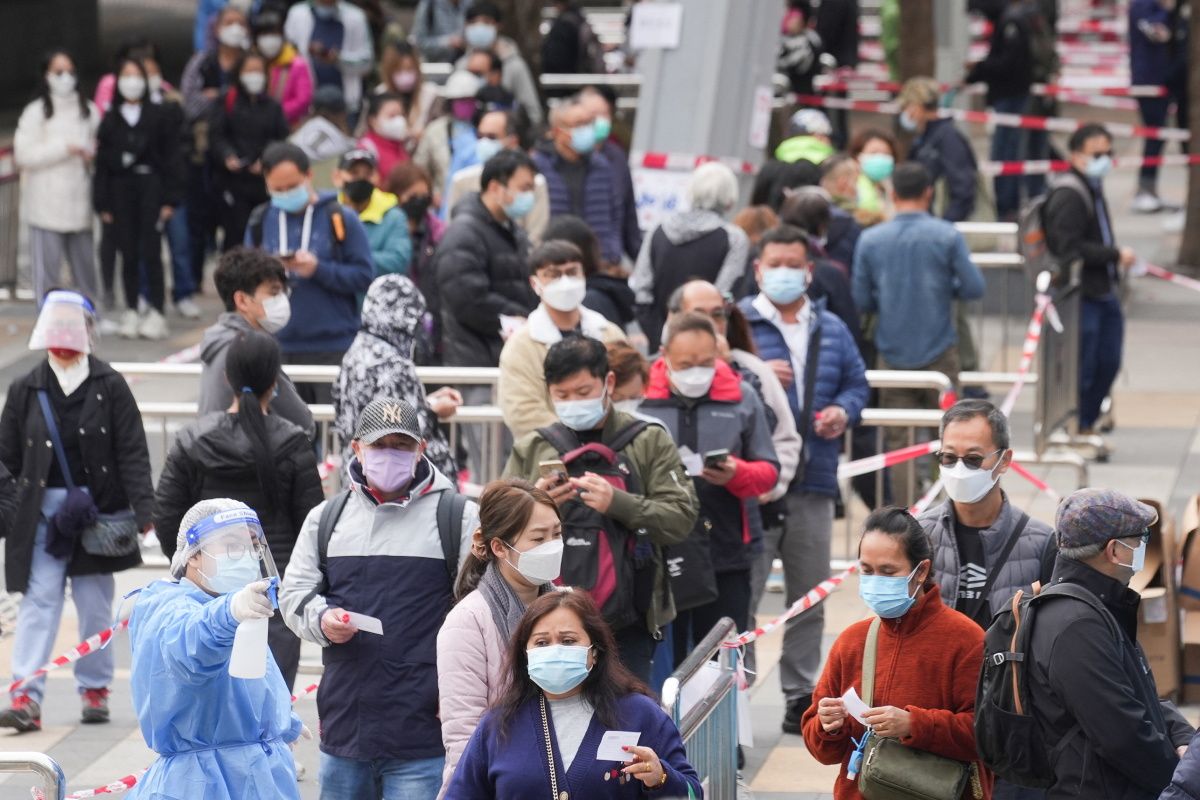Public-health officials continue to track new COVID-19 variants even though the pandemic was declared officially over last month. Experts from the U.S. Centers for Disease Control and Prevention (CDC) are monitoring samples from international passengers arriving in the U.S. after data collection got reduced when the pandemic measures were eliminated.
The Traveler-Based Genomic Surveillance program, launched by the CDC in late 2021, continues to operate in seven of the busiest international airports in the U.S. These airports include John F. Kennedy International Airport (JFK), Newark Liberty International Airport (EWR), San Francisco International Airport (SFO), Hartsfield-Jackson Atlanta International Airport (ATL), Los Angeles International Airport (LAX), Seattle-Tacoma International Airport (SEA), and Washington Dulles International Airport (IAD).
Partnering with XpresCheck, a company initially known for running airport spas but later involved in COVID-19 testing, CDC officials meet passengers from selected international flights after customs clearance. Officials request voluntary nasal swabs from the passengers, which are then pooled and tested by Ginkgo Bioworks, the CDC’s lab partner.
Dr. Cindy Friedman, chief of the travelers’ health branch at the CDC, emphasized the criticality of this program for early detection and filling in blind spots in global surveillance. As testing decreases in many countries, including the U.S., tracking passengers from abroad becomes an ideal method to monitor virus changes and global movement. Dr. Friedman herself participated in the program after returning from a trip abroad, underscoring the role of travelers as sentinels carrying valuable samples to the U.S.
“This program is critical for early detection and filling in many blind spots in global surveillance. This is really critical right now as many countries, including the U.S., are decreasing testing by as much as 90%. It’s a key piece of biosecurity,” Dr. Friedman was…
Read the full article here

Leave a Reply